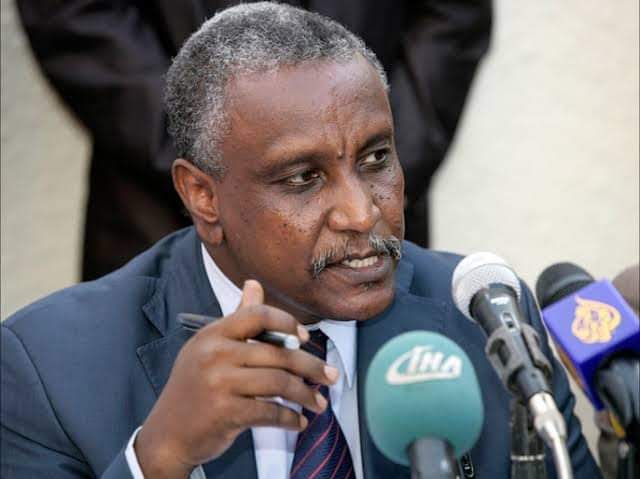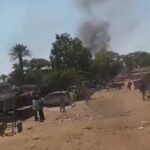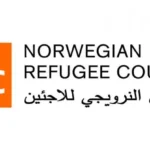Darfur follow-ups
The leader of the “Forces of Freedom and Change” and head of the Popular Movement “Revolutionary Current,” Yasser Saeed Arman, said, “Ending the tasks of the United Nations mission (UNITAMS) is not in the interest of attempts to end the war in Sudan, at a time when it needs the United Nations to deliver humanitarian aid and protect it.” “Civilians, and the participation of UN agencies is very important.”
Last Friday, the UN Security Council adopted Resolution No. 2715, which ended the mandate of the United Nations Mission in Sudan (UNITAMS), effective today (Sunday).
In statements to Asharq Al-Awsat, Arman believed that “the UN Security Council should not have ended the mission’s tasks, while before it were the issues of protecting civilians in Sudan.” Stressing that “the international community will not abandon the issue of war in Sudan due to its internal and external effects on civilians.”
Arman considered that the method adopted by the “National Committee for Dealing with the United Nations,” headed by a member of the “Sovereignty Council,” Lieutenant General Ibrahim Jaber, followed the same method as “the remnants of the isolated regime” in dealing with the United Nations and the outside world, and was “constantly seeking to restrict the United Nations.” And its agencies operating in the country,” according to his assessment.
The prominent Sudanese politician also warned of the repercussions of the decision to end the missions of UNITAMS, and said, “The issue will not end in this context, and it will bring more negative results to those who called for the termination.” He added, “Despite the current divisions in the Security Council, all of these measures suggest an escalation of the war instead of working to end it as quickly as possible, because they constitute a danger to the Sudanese state and herald its collapse if major work is not done among the Sudanese and they organize on a broad front against the war.” And standing up to the remnants and violations committed by both sides of the crisis.”
In mid-November, United Nations Secretary-General Antonio Guterres received a request from Khartoum to immediately end the mandate of the UN mission, and decided to appoint the Algerian diplomat, Ramtane Lamamra, as his personal envoy to Sudan.
Regarding his assessment of the priorities and goals of the movements that the Sudanese political forces must target during the coming period, Arman said that they are “the arrival of humanitarian aid, the protection of civilians, and the cessation of long-term hostilities, as well as working to stop the war and build a new state, a new army, and institutions that give the opportunity to build… A national project that achieves democracy and stability in the country.
Since the announcement of the termination of the work of UNITAMS, some have raised questions about whether this means that Sudan falls under the provisions of Chapter Seven of the United Nations Charter, which includes mechanisms for “actions taken in cases of threat to the peace, breach of it, and the occurrence of aggression.” Arman believes that entering into the arrangements of that chapter “depends on the developments of the war, and the extent to which it poses a major challenge for civilians, which forces the international community to resort to that path, which includes large and extensive costs.” The Security Council resolution called for the immediate start of the cessation of UNITAMS operations and the transfer of its functions to United Nations agencies, programs and funds, with the aim of ending this process by February 29, 2024.








